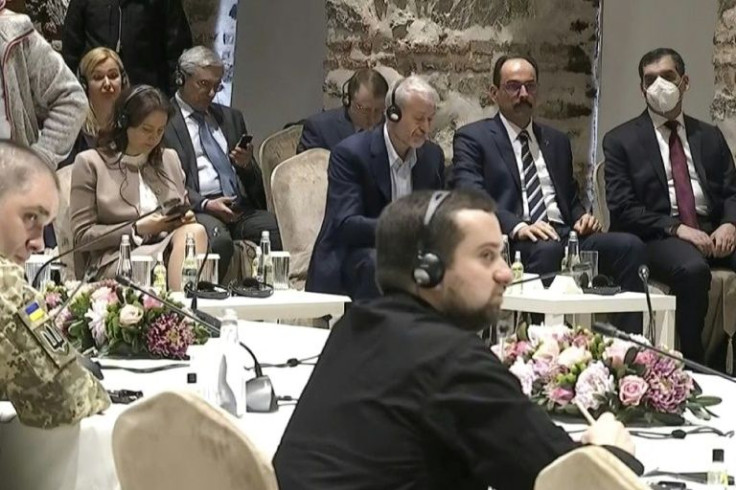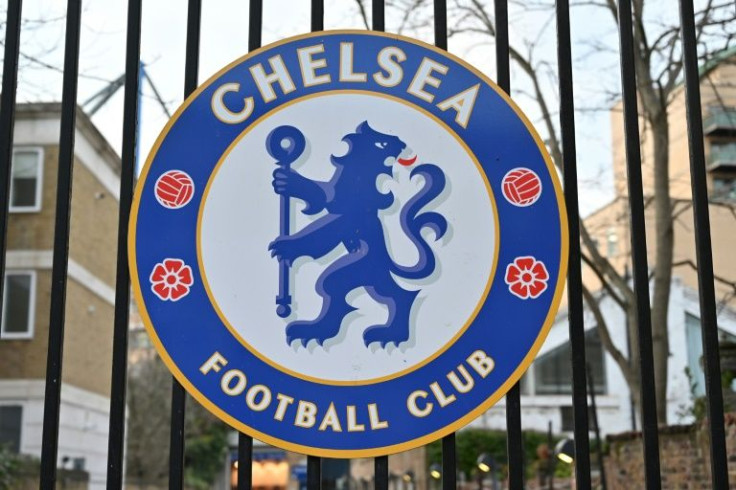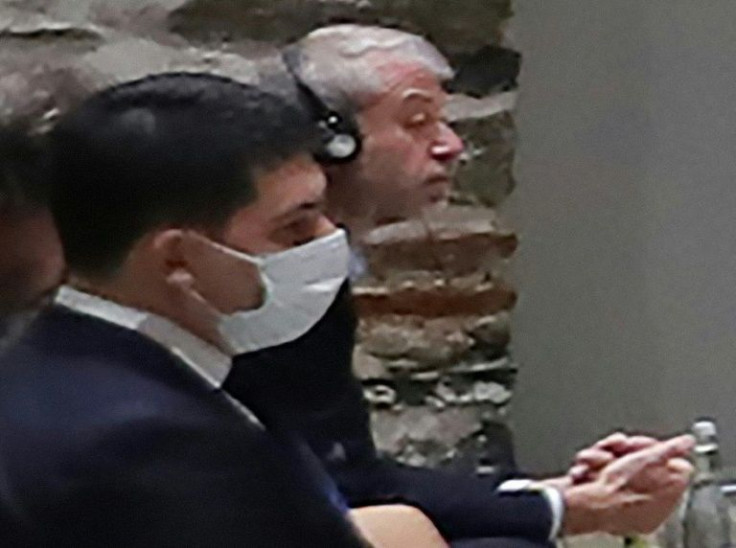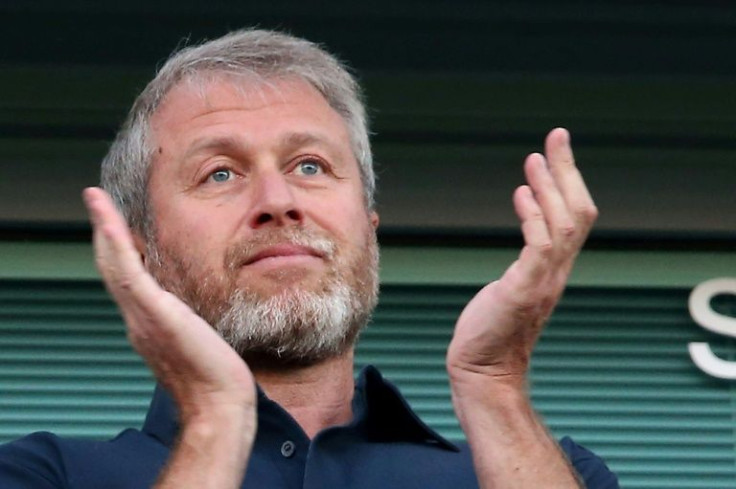Abramovich: Surprise Participant In Russia-Ukraine Talks
When Turkey hosted talks between Russia and Ukraine last week, a familiar but unexpected face was seen among the officials and diplomats gathered in a wing of the former imperial Dolmabahce Palace in Istanbul.
It was Roman Abramovich, the billionaire Russian tycoon and owner of Chelsea Football Club, who has long sought to strike a balance between cordial ties with the Kremlin and a jet-setting lifestyle in the West.
What was he doing at the Istanbul talks?

"Abramovich participated in the negotiations as a member of the Russian delegation," explained Turkish President Recep Tayyip Erdogan.
He said Abramovich's presence indicated that the oligarch was "trusted" by Moscow.
Turkish Foreign Minister Mevlut Cavusoglu said Abramovich had been making "sincere" efforts for peace since the first days of the war, adding that he had made a "positive" contribution to diplomatic efforts.

Kremlin spokesman Dmitry Peskov said that while Abramovich was not an official member of the delegation, he was involved in "ensuring certain contacts" between the Russian and Ukrainian sides, for which he had approval from both parties.
Adding to the intrigue, the Wall Street Journal last week reported that Abramovich had travelled to Kyiv earlier in March to meet President Volodymyr Zelensky. While there, he suffered a suspected poisoning attack that temporarily affected his eyesight.

Analysts say Russia's invasion of Ukraine has been a personal disaster for Abramovich, leaving him sanctioned by the EU and UK, forced to sell Chelsea and seeing billions wiped off the value of his assets.
He has every personal interest in seeing a peaceful end to the conflict and possibly performing a role that could allow him to win back favour in the Western capitals that once welcomed him so ardently.

Alexander Baunov, senior fellow at the Carnegie Moscow Center, said Abramovich's presence at the talks had "various possible explanations" but could be linked to "reparations" in rebuilding areas destroyed in Ukraine, possibly using private money.
"For Abramovich, it's also a welcome chance to be on the right side of history," he added.
For critics, the situation has merely exposed the reality that Abramovich is a Kremlin-friendly oligarch, who managed to build up his wealth thanks to close ties with President Vladimir Putin.
Abramovich has "had privileged access to the president and has maintained very good relations with him. This connection with the Russian leader helped him to maintain his considerable wealth," the EU said last month when it announced sanctions against Abramovich and other Russia oligarchs over Ukraine.

In a possible bid to avoid being hit by sanctions, two luxury superyachts owned by Abramovich -- the over 160-metre Eclipse and 140-metre Solaris -- have docked in Turkey, which has not joined the European sanctions.
Maria Pevchikh, investigative chief at Kremlin opponent Alexei Navalny's anti-corruption foundation, described Abramovich as "the most faithful and devoted of Putin's oligarchs". She said they had profited from a tacit deal with the Kremlin to stay out of politics.
His participation in the talks "looks like a PR stunt to me", she said.
In a surprising career turn, Abramovich served from 2001 to 2008 as governor of the sparsely populated Chukotka region in the far northeast of Russia, pouring his own money into one of the country's least developed regions.
Abramovich used to be a co-owner, along with the government, of Russia's Channel One television. The channel has earned notoriety during the invasion for its pro-Kremlin reporting and for being the target of an on-air protest by a disgruntled journalist.
He reduced his stake to 20 percent and then sold off that final portion to a Russian state-owned bank in March 2019.
According to Forbes magazine, the invasion of Ukraine has resulted in Abramovich's net worth being whittled down to $8.3 billion (7.6 billion euros), compared to almost $15 billion before the assault started.
"And he likely has only limited access to that," it said, describing the invasion as a "personal, financial and now physical disaster" for Abramovich.
Famously publicity shy and never giving interviews, Abramovich announced in a rare personal statement on March 2 that he was selling Chelsea Football Club, although the UK sanctions mean he cannot profit from the sale.
In a carefully worded statement that contained no criticism of the Russian invasion, he said then that a foundation would be set up "for the benefit of all victims of the war in Ukraine", including their immediate needs as well as "supporting the long-term work of recovery".
"The most important thing is that Putin trusts him. But Zelensky can also trust him," Konstantin Kalachev, a Russian political scientist who once worked with the ruling party, told AFP.
"Abramovich must rehabilitate himself in the West. He wants to keep his status as a citizen of the world. I doubt very much that he would want to isolate himself in Russia."
© Copyright AFP 2024. All rights reserved.





















